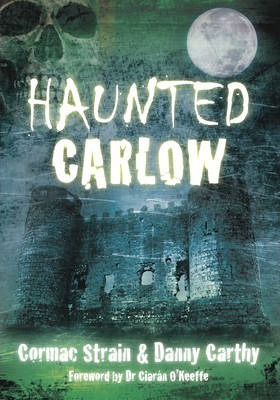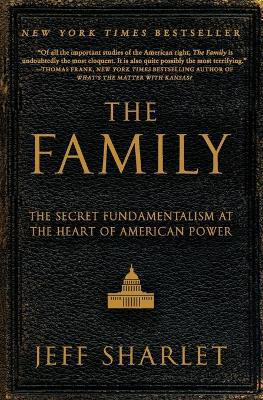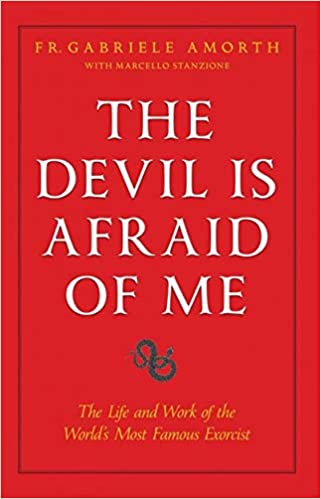The Sleep Conspiracy Connection: Why Your Rest Matters More Than You Think
Science/Medical/Technology
Sunday 16th, March 2025
4 minute read.
In a revealing new study, researchers have uncovered a surprising link between sleep deprivation and an increased susceptibility to conspiracy theories. The findings shed new light on the potential impact of poor sleep on cognitive function, revealing that a lack of rest might make people more prone to believing false and misleading ideas.
Sleep is well-known for its crucial role in maintaining both physical and mental health. Insufficient sleep and insomnia are already linked to a range of issues, including heart disease, high blood pressure, and mental health disorders like anxiety. However, the latest research, conducted by scientists at the University of Nottingham’s School of Psychology, suggests that poor sleep may have another, less recognised consequence—making people more likely to embrace conspiracy theories.
The study, published in the Journal of Health Psychology, explored the relationship between sleep quality and belief in conspiratorial thinking. It involved 1,000 volunteers, and the results are eye-opening. The authors argue that inadequate sleep, especially when coupled with other challenges like stress or depression, can make individuals more vulnerable to conspiratorial ideas.
“Our research suggests that sleep deprivation and insomnia could have broader implications for how people engage with the world around them,” said Daniel Jolly, Associate Professor of Social Psychology at the University of Nottingham and lead author of the study. “Poor sleep, combined with emotional or psychological stress, may make people more likely to endorse demonstrably false conspiracy theories.”
In the first experiment, 540 participants completed a standard sleep-quality assessment before being shown one of two articles about the Notre Dame fire in Paris. Some participants read a factual report, while others encountered a fabricated conspiracy theory suggesting the fire was part of a cover-up. The results revealed that those who reported poorer sleep were significantly more likely to believe the conspiracy-laden version of events than those who had slept well.
Building on this, the second experiment involved 575 participants who were assessed for both their psychological profiles and beliefs. The data showed a clear correlation between poor sleep and an increased likelihood of endorsing conspiracy theories. Interestingly, depression emerged as a key factor in driving this conspiratorial mindset in many participants.
Sleep deprivation has long been associated with cognitive difficulties, including impairments in attention, memory, and decision-making. Jolly and his colleagues highlight that the cognitive fog caused by insufficient sleep may make it harder for people to critically evaluate information, thus increasing the appeal of unverified or conspiratorial ideas. Previous research has also linked sleep deprivation to heightened feelings of anxiety and paranoia—traits that can fuel conspiracy beliefs even further.
The consequences of this phenomenon extend far beyond individual beliefs. Conspiracy theories, while often dismissed as harmless or eccentric, can have far-reaching societal impacts. For instance, during the coronavirus pandemic, widespread misinformation and conspiracy theories about vaccine safety undermined efforts to promote public health, leading to lower vaccination rates and contributing to the global health crisis. Similarly, decades of climate change denial, fuelled by conspiracy theories and misinformation, have delayed meaningful action on one of the most pressing issues facing humanity.
The findings from this new research suggest a possible remedy: better sleep. According to Jolly, improving sleep quality could act as a simple yet effective barrier against the spread of conspiracy thinking.
The message is clear, sleep is not just important for physical health but also for mental well-being. In an age where misinformation spreads rapidly and conspiracies proliferate online, taking care of our sleep could be a critical step in building a more informed, rational society.
As we navigate a world awash with falsehoods and sensationalism, the importance of adequate rest has never been more apparent. So, the next time you're feeling exhausted, remember that a good night’s sleep might not only help your body recover but could also protect your mind from the allure of conspiracies.
Sleep is well-known for its crucial role in maintaining both physical and mental health. Insufficient sleep and insomnia are already linked to a range of issues, including heart disease, high blood pressure, and mental health disorders like anxiety. However, the latest research, conducted by scientists at the University of Nottingham’s School of Psychology, suggests that poor sleep may have another, less recognised consequence—making people more likely to embrace conspiracy theories.
The study, published in the Journal of Health Psychology, explored the relationship between sleep quality and belief in conspiratorial thinking. It involved 1,000 volunteers, and the results are eye-opening. The authors argue that inadequate sleep, especially when coupled with other challenges like stress or depression, can make individuals more vulnerable to conspiratorial ideas.
“Our research suggests that sleep deprivation and insomnia could have broader implications for how people engage with the world around them,” said Daniel Jolly, Associate Professor of Social Psychology at the University of Nottingham and lead author of the study. “Poor sleep, combined with emotional or psychological stress, may make people more likely to endorse demonstrably false conspiracy theories.”
In the first experiment, 540 participants completed a standard sleep-quality assessment before being shown one of two articles about the Notre Dame fire in Paris. Some participants read a factual report, while others encountered a fabricated conspiracy theory suggesting the fire was part of a cover-up. The results revealed that those who reported poorer sleep were significantly more likely to believe the conspiracy-laden version of events than those who had slept well.
Building on this, the second experiment involved 575 participants who were assessed for both their psychological profiles and beliefs. The data showed a clear correlation between poor sleep and an increased likelihood of endorsing conspiracy theories. Interestingly, depression emerged as a key factor in driving this conspiratorial mindset in many participants.
Sleep deprivation has long been associated with cognitive difficulties, including impairments in attention, memory, and decision-making. Jolly and his colleagues highlight that the cognitive fog caused by insufficient sleep may make it harder for people to critically evaluate information, thus increasing the appeal of unverified or conspiratorial ideas. Previous research has also linked sleep deprivation to heightened feelings of anxiety and paranoia—traits that can fuel conspiracy beliefs even further.
The consequences of this phenomenon extend far beyond individual beliefs. Conspiracy theories, while often dismissed as harmless or eccentric, can have far-reaching societal impacts. For instance, during the coronavirus pandemic, widespread misinformation and conspiracy theories about vaccine safety undermined efforts to promote public health, leading to lower vaccination rates and contributing to the global health crisis. Similarly, decades of climate change denial, fuelled by conspiracy theories and misinformation, have delayed meaningful action on one of the most pressing issues facing humanity.
The findings from this new research suggest a possible remedy: better sleep. According to Jolly, improving sleep quality could act as a simple yet effective barrier against the spread of conspiracy thinking.
The message is clear, sleep is not just important for physical health but also for mental well-being. In an age where misinformation spreads rapidly and conspiracies proliferate online, taking care of our sleep could be a critical step in building a more informed, rational society.
As we navigate a world awash with falsehoods and sensationalism, the importance of adequate rest has never been more apparent. So, the next time you're feeling exhausted, remember that a good night’s sleep might not only help your body recover but could also protect your mind from the allure of conspiracies.



